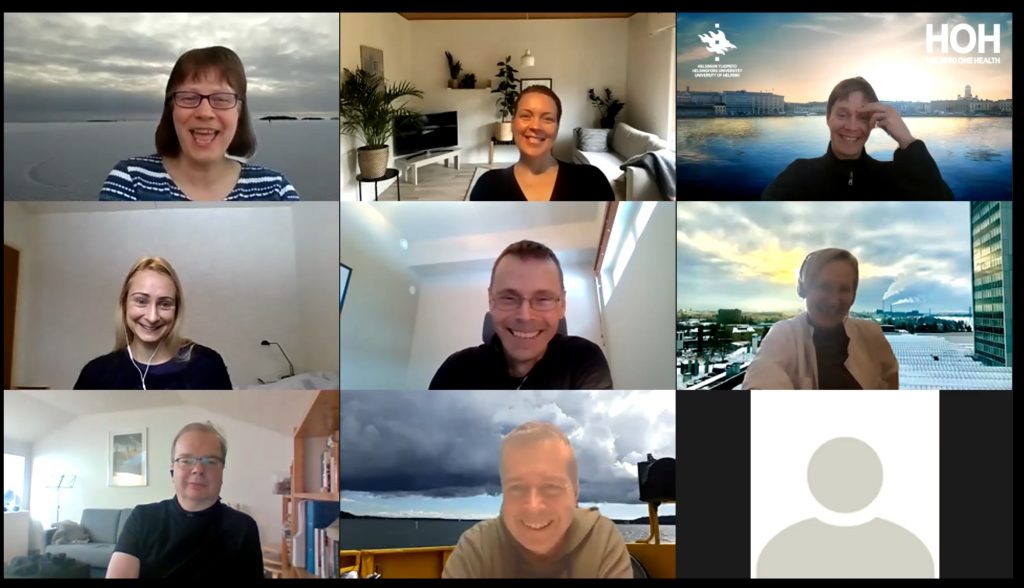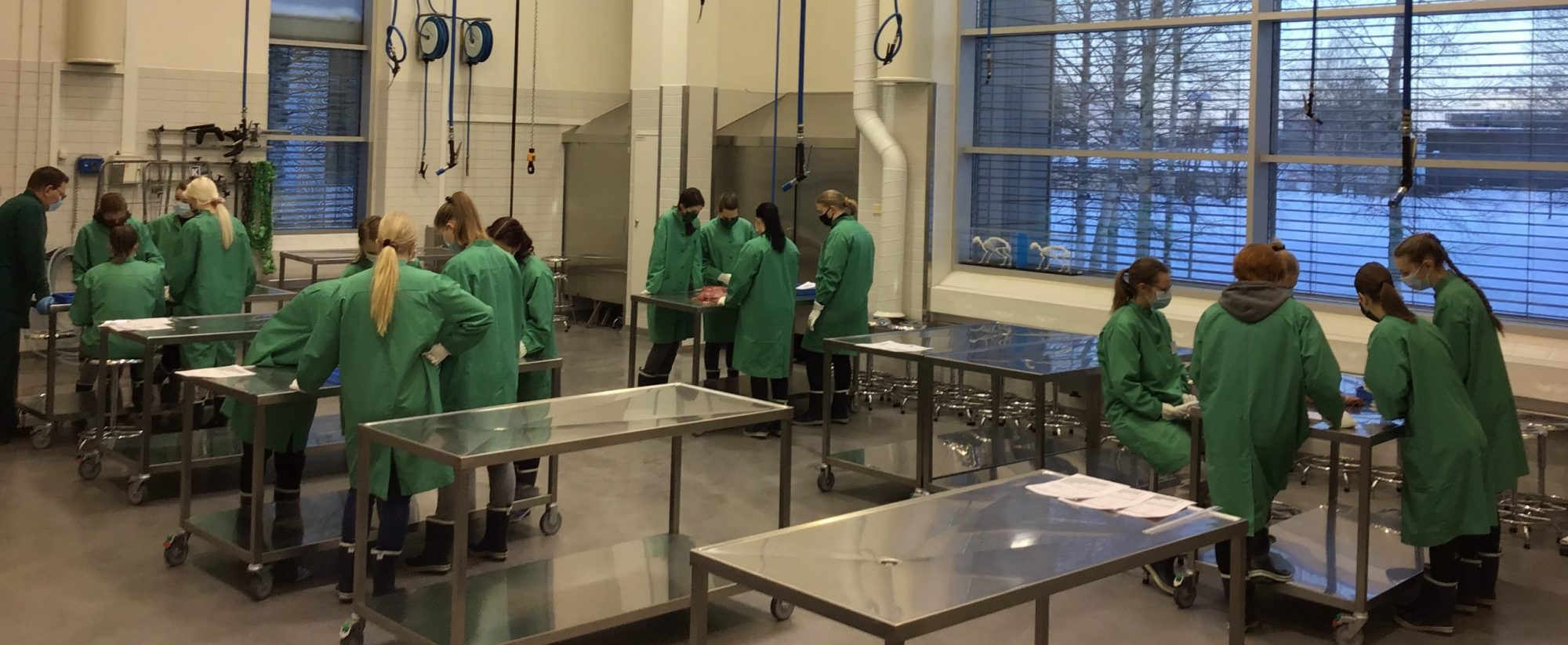Civet cats and pangolins: Veterinary research in 2020
When drawing up last year’s annual report, I had no idea how topical the Helsinki One Health (HOH) recruitments I wrote about would prove to be in 2020. Anyone who follows the Finnish media at least occasionally cannot help but have come across Tarja Sironen, the HOH associate professor of emerging infectious diseases, who has been interviewed on a weekly basis.
Both she and her mentor Olli Vapalahti, another active HOH professor, have appeared on television and in print describing the latest developments in the pandemic or explaining the modelling of the epidemic. The topics discussed have included the role of civet cats and pangolins at the source of the outbreak as well as the way in which the virus was potentially transmitted from animals to humans in a wet market in Wuhan.
A bat has been identified as the culprit, as in many other epidemics caused by viral zoonoses. According to WHO scientists, conditions became conducive to the transmission of a zoonotic virus when the rearing of wild animals for human consumption became a national strategic focus. Another underlying factor appears to have been the transition caused by the African swine fever virus from raising pigs to rearing civets, pangolins and other animals.
The current pandemic demonstrates how ignoring sustainable development and the principles of One Health can have global consequences for animal and human health. And the consequences are not limited to those affecting physical health, as we have seen. Arguably, civets and pangolins turned the world upside down, and the societal consequences of the pandemic will likely extend over a number of years and decades in the future.
But researchers will adapt, as they have done in the past year. Thankfully, the restrictions on movement and research work have not restricted thinking, which is the be-all and end-all of all research. With calendars being rearranged, remote connections have reduced the need to move from one place to another and left more time for thinking.
In other words, the time saved has turned out to be a surprising benefit for research in veterinary medicine. For example, the HOH professors recruited by the Faculty achieved great results in applying for external competitive research funding. Our calculations suggest that each of the HOH professors recruited obtained significant external research funding for their project in 2020. Meanwhile, we made a record-breaking achievement by placing 38th in the QS ranking for international veterinary research – a new Finnish record.
HOH also made the last recruitment of the present funding period in 2020 together with the Finnish Institute for Health and Welfare (THL) by appointing Tarja Pitkänen as associate professor of environmental health. Tarja’s research projects explore how pathogens, including those capable of causing a pandemic, spread in waterways and waste water. Her research provides a crucial piece of the puzzle that allows us to gain an overview of the different stages of the current pandemic.

A remote meeting of the Helsinki One Health management group.
The world was brought to a standstill by the Covid-19 pandemic, which may very well provide a welcome interlude in our world of travel and consumption. Not only have our emissions been reduced, but the pandemic has also forced us to prioritise our actions and inactions. Above all, it has given us time to think. As Albert Einstein put it: “Education is not the learning of facts, but the training of minds to think.”
Olli Peltoniemi
Vice-dean for research/HOH
Faculty of Veterinary Medicine
University of Helsinki
